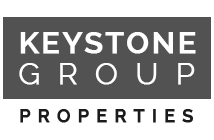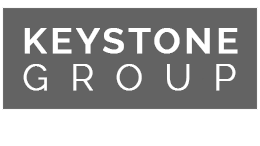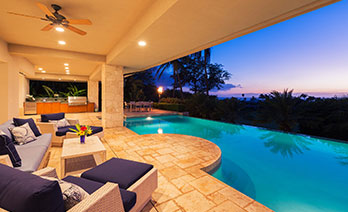V.A. Loans Surge in Fiscal Year
For interest in Southern California luxury real estate in Los Angeles County including Newport Beach homes, call Bob Cumming of Keystone Group Properties at 310-496-8122.
V.A. Loans Surge in Fiscal Year
By Lisa Prevost
The department guaranteed almost 540,000 loans in fiscal year 2012, the most since 1994, according to Mike Frueh, the director of loan guarantee service. Compared with five years ago, volume is up some 300 percent.
Low interest rates were part of the draw — about 338,000 of the V.A. loans were for the purpose of refinancing.
Borrowers who already have a V.A.-backed mortgage can get an interest-rate reduction relatively easily. The department’s streamlined refinance program doesn’t require these borrowers to “re-prove” that they qualify, said Nathan Long, the chief executive of Veterans United Home Loans, an online broker of V.A. loans.
“It’s a great benefit not to have to go through all the hoops that you would otherwise have to,” Mr. Long said.
V.A. loans for purchases were up almost 10 percent over the previous fiscal year. For military members who qualify, these home loans offer a financing option that has largely disappeared since the subprime meltdown: no down payment.
“Regardless of where home prices are,” Mr. Long said, “100 percent financing can be a great option for people. We’ve seen 9 in 10 of our borrowers use the full 100 percent.”
Borrowers also benefit in that they don’t have to pay for mortgage insurance. The department does place limits on loan amounts it will guarantee. These range from $417,000 to $1.094 million, depending on the property’s location. In the New York metropolitan area, the limit is $777,500.
The department doesn’t finance its loan programs, but makes them attractive to lenders by guaranteeing a portion of each loan. Individual lenders set the closing costs and the interest rates, which are currently comparable to those on conventional fixed-rate loans. The minimum credit score required to qualify for a V.A. loan is about 620.
Borrowers must also demonstrate that they will have enough monthly income left over after paying personal debts and housing costs to meet levels set by the department for “residual income.” In the Northeast, for loan amounts exceeding $80,000, the residual income level for a family of four is $1,025.
These underwriting standards, while exclusive to the Department of Veterans Affairs, have helped keep the foreclosure rate on its loans much lower than on other loan types, Mr. Long said.
Grant Moon, an Army Reserves captain who served in Iraq, used a V.A. loan to buy his first home, a three-family in Massachusetts, in 2008. He put no money down, and used the rental income to help cover his mortgage.
“I moved in and I was only paying about $300 a month to have my own home,” he said.
Mr. Moon (who has since bought another V.A.-backed house in New Jersey) is now the president of VA Loan Captain, an online service that allows veterans to compare interest rates and terms among lenders.
“We prescreen the lenders and make sure they aren’t trying to take advantage of veterans,” he said.
While V.A. loans can be beneficial to military members with few assets, they are not always the best option. Although the V.A. doesn’t require mortgage insurance, it does charge a funding fee, which can cost more than 3 percent of the loan amount. Paying that fee might not be prudent for a borrower who plans to be in the home for a short period of time, Mr. Moon said.
Disabled veterans may be exempt from the fee.
Given the growing popularity of V.A. loans, the department expects to hit a major milestone this month, when it will very likely guarantee its 20 millionth veteran.


